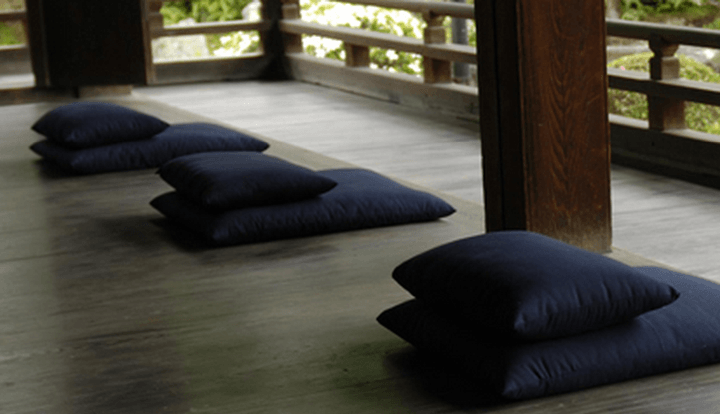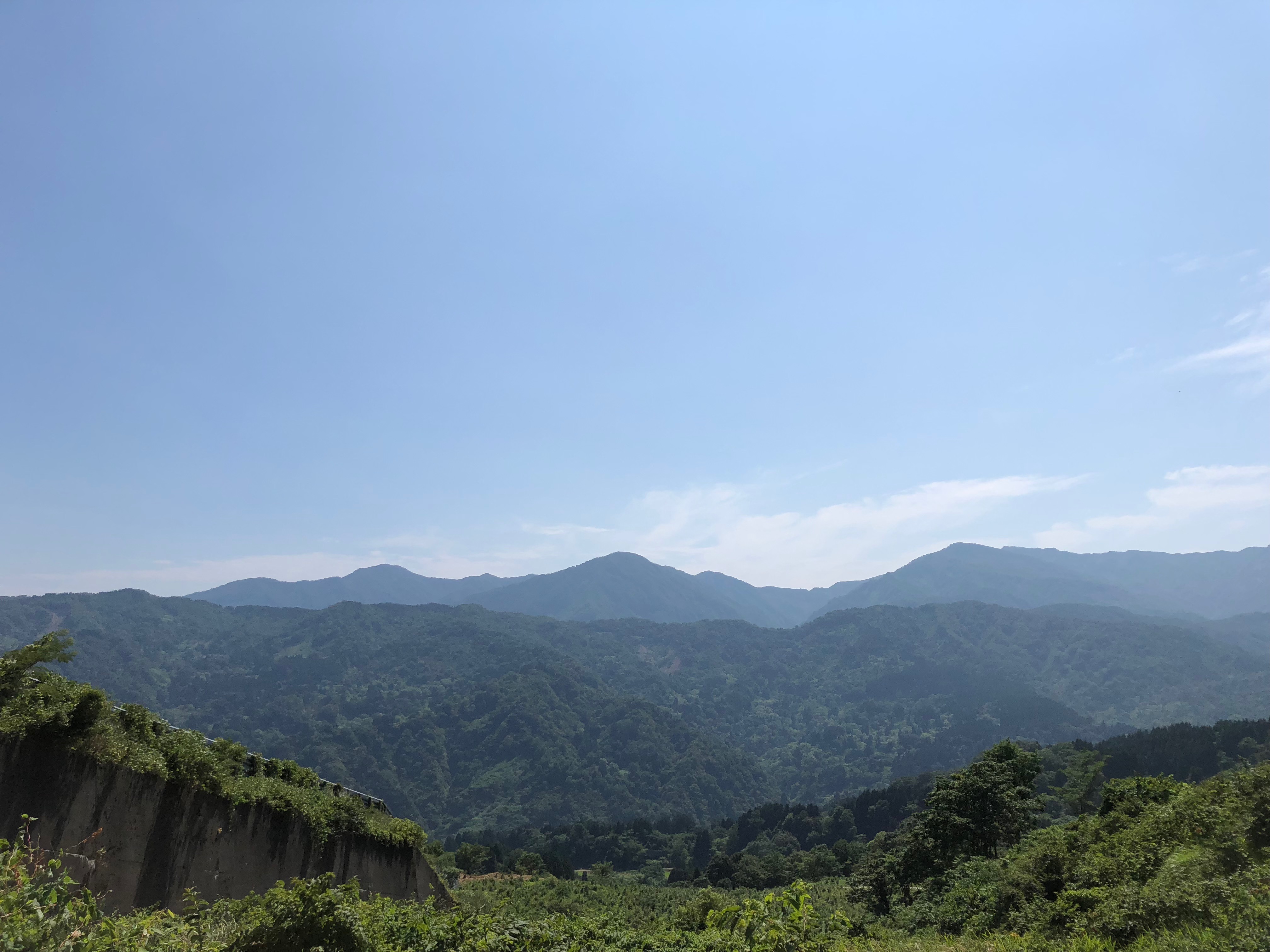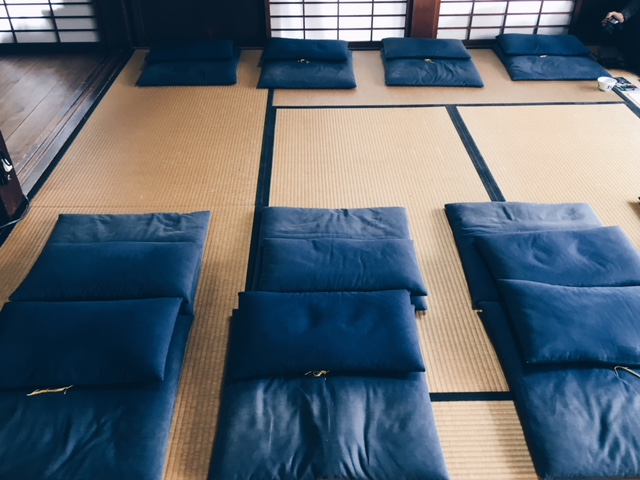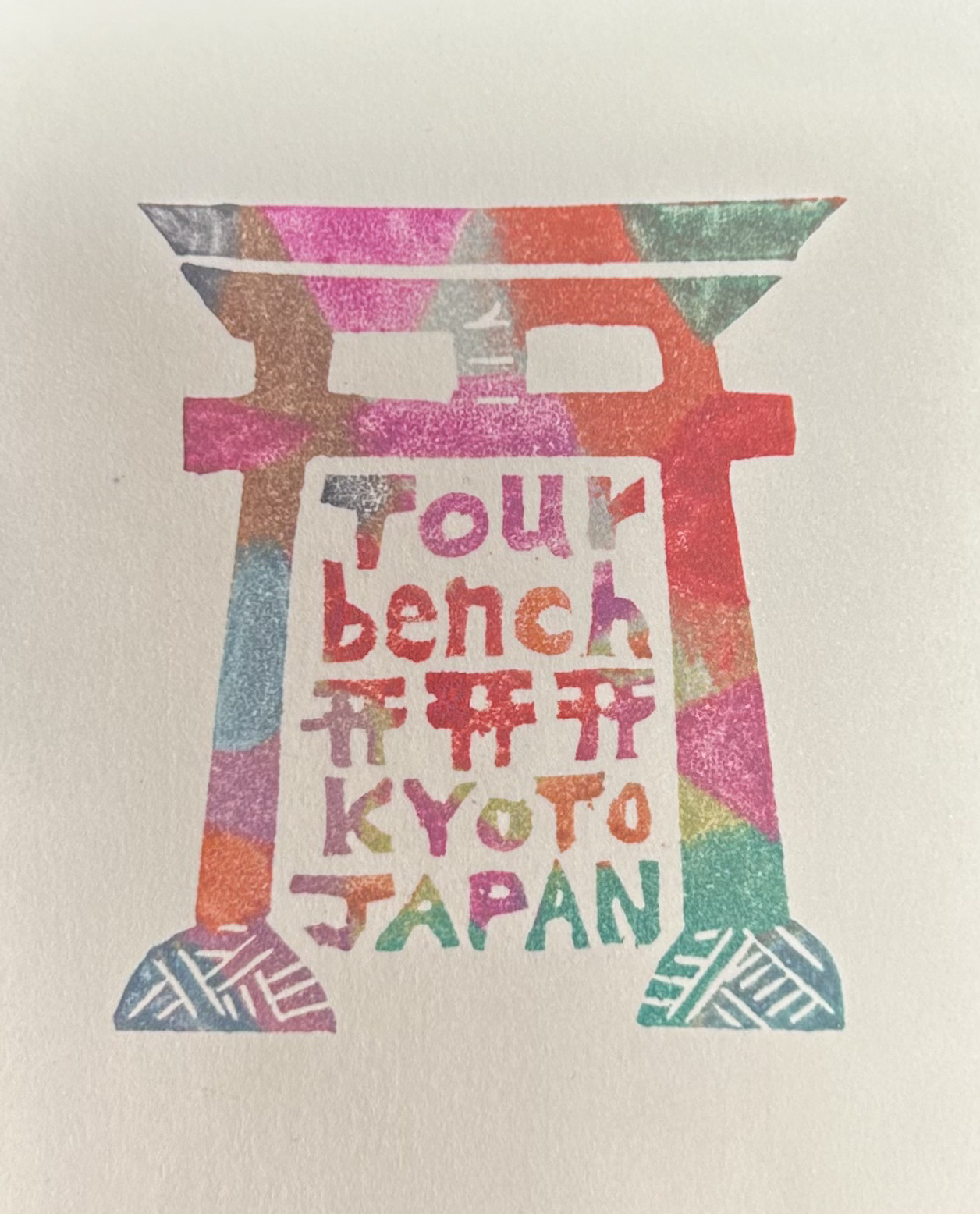Zazen(Zen Buddhism meditation with true monks)
Zen meditation(Zazen)
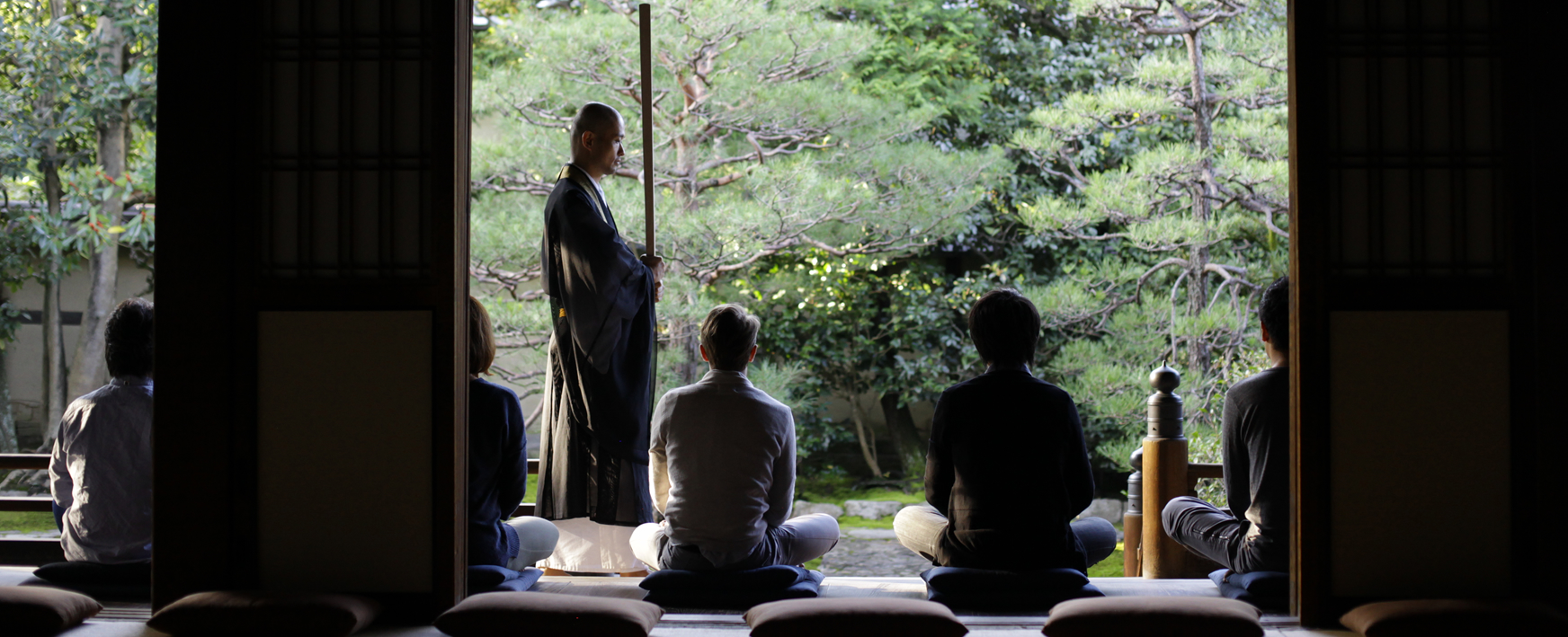
Meditate with Zen Buddhism monks at a local temple
About your guide, Masahiro
Zen is a way to Nirvana, enlightment. Zazen means "SITTING MEDITATION". I was born in Kyoto and have lived here more than 30 years. As a local, I have been familiar with Zazen here. In Kyoto, there are a few temples where Zen meditation is possible, but most of them are too touristy because all the participants are foreign travelers. I will take you to a local Zazen place, which is not held regularly. You'll experience a true Zen meditation with the local people in Kyoto.What we will do
We will go to a local temple to meditate with real Zen Buddhism monks.In Kyoto, we locals have each family related temple to meditate with monks. It is a part of our culture and custom but not everywhere in Kyoto. And never advertised in English unlike other touristic meditation events for foreign travelers. During meditation, the real Zen monks will tap your shoulders with a stick(In Japanese, called Keisaku or Kyosaku). This is to help concentFees the spirit, but it is not mandatory because it is a self-declaration system. Sitting cross-legged on a seat is a basic posture—like the picture of this listing—but this might lead to numbness of the legs for foreigners. Don't worry because it happens to me as well. If you cannot sit on the seat like that, it's no problem to sit however you feel comfortable. Then you'll keep breathing quietly and try not to think about anything. Clearing your mind is the goal. Zen meditation in a spirited space with beautiful air will give us a fresh feeling.Let me give you additional instruction on basic principle,rules and how to do when we meet up.Clear your mind in Solemn atomosphere close to Budda.Where we'll meet
I'll inform you of the exact meeting point after you've booked your reservation. We will meet up at the nearest train station.Where we'll be
The meditation I'll take you to is not like those generally published in a magazine or guidebook. This is a holy silent space where the local residents participate. Therefore, there is only an announcement in a paper on when the next Zazen is actually going to be held. It's totally different from a Zazen for tourists and you'll feel the magnificence of Japanese Zen Buddhism in a very quiet and beautifully spacious place.Guest requirements
Minimum age is 7.What you should know
We'll start on time, please be careful not to be late. Note we shouldn't chat while we're meditating. Guests must be quiet while meditating.Maximum group size
10Price per guest
→ PRICE LISTAt what time will we typically host your experience
The local meditation is not held every week at a certain date. We check each calendar and call the temple to make sure the session.When do we need to know your booking request
2 days before
Payment
Cash※you don't have to remember the lyric to join, just for reference
摩訶般若波羅蜜多心経(Hannya Shingyo)
The Insight that Brings Us to the Other Shore
観自在菩薩行深般若波羅蜜多時、照見五蘊皆空、度一切苦厄。
Avalokiteshvara
while practicing deeply with
the Insight that Brings Us to the Other Shore,
suddenly discovered that
all of the five Skandhas(五蘊) are equally empty,
and with this realisation
he overcame all Ill-being(苦厄).
舎利子。色不異空、空不異色、色即是空、空即是色。受・想・行・識亦復如是。
"Listen Sariputra,
this Body itself is Emptiness(空)
and Emptiness itself is this Body(色).
This Body is not other than Emptiness
and Emptiness is not other than this Body.
The same is true of Feelings,
Perceptions, Mental Formations,
and Consciousness.
舎利子。是諸法空相、不生不滅、不垢不浄、不増不減。
"Listen Sariputra,
all phenomena bear the mark of Emptiness?
their true nature is the nature of
no Birth no Death,
no Being no Non-being,
no Defilement no Purity,
no Increasing no Decreasing.
是故空中、無色、無受・想・行・識、無眼・耳・鼻・舌・身・意、無色・声・香・味・触・法。無眼界、乃至、無意識界。無無明・亦無無明尽、乃至、無老死、亦無老死尽。無苦・集・滅・道。無智亦無得。
"That is why in Emptiness(空),
Body(色), Feelings(受), Perceptions(想),
Mental Formations(行) and Consciousness(識)
are not separate self entities.
The Eighteen Realms of Phenomena
which are the six Sense Organs,
the six Sense Objects,
and the six Consciousnesses
are also not separate self entities.
The Twelve Links of Interdependent Arising(縁)
and their Extinction
are also not separate self entities.
Ill-being(無明), the Causes of Ill-being,
the End of Ill-being, the Path,
insight and attainment,
are also not separate self entities.
Whoever can see this
no longer needs anything to attain.
以無所得故、菩提薩=A依般若波羅蜜多故、心無、無故、無有恐怖、遠離一切顛倒夢想、究竟涅槃。画・
Bodhisattvas who practice
the Insight that Brings Us to the Other Shore
see no more obstacles in their mind,
and because there
are no more obstacles in their mind,
they can overcome all fear,
destroy all wrong perceptions
and realize Perfect Nirvana.
三世諸仏、依般若波羅蜜多故、得阿耨多羅三藐三菩提。
"All Buddhas in the past, present and future
by practicing
the Insight that Brings Us to the Other Shore
are all capable of attaining
Authentic and Perfect Enlightenment.
故知、般若波羅蜜多、是大神呪、是大明呪、是無上呪、是無等等呪、能除一切苦、真実不虚。故説、般若波羅蜜多呪。
"Therefore Sariputra,
it should be known that
the Insight that Brings Us to the Other Shore
is a Great Mantra,
the most illuminating mantra,
the highest mantra,
a mantra beyond compare,
the True Wisdom that has the power
to put an end to all kinds of suffering(一切苦).
Therefore let us proclaim
a mantra to praise
the Insight that Brings Us to the Other Shore.
即説呪曰、羯諦羯諦、波羅羯諦、波羅僧羯諦、菩提薩婆訶。般若心経
Gate, Gate, Paragate, Parasamgate, Bodhi Svaha!
Gate, Gate, Paragate, Parasamgate, Bodhi Svaha!
Gate, Gate, Paragate, Parasamgate, Bodhi Svaha!"
Shu-jo hon-rai hoto-ke nari
衆生本来仏なり
Sentient-beings are primarily Buddhas.
Mizu to ko-ri no goto-ku nite
水と氷の如くにて
It is like water and ice:
Mizu wo hanarete ko-ri naku
水を離れて氷なく
Apart from water, no ice can exist
Shu-jo no hoka ni hotoke nashi
衆生の外に仏なし
Outside sentient-beings, there are no Buddhas.
Shu-jo chikaki wo shirazu shite
衆生近きを知らずして
Sentient-beings, not knowing how close [to Bodhi] they are,
toku motomeru hakanasa yo
遠く求むるはかなさよ
seek it far away, what a pity!
Tatoeba mizu no naka ni ite
譬えば水の中に居て
It's like being in the midst of water,
katsu wo sakebu ga gotoku nari
渇を叫ぶが如くなり
[yet] crying out with [great] thirst.
Cho-ja no ie no ko to narite
長者の家の子となりて
[Or,] like the [rich] chief's son,
hinri ni mayoni kotonarazu
貧里に迷うに異ならず
[who,] from his parents home, goes astray [amongst] the common [people].
Rokushu rinne no innen wa
六趣輪廻の因縁は
[We] transmigrate through the six [realms] as a consequence
onore ga guchi no yami-ji nari
己が愚痴の闇路なり
of our foolish-ignorance in [choosing] dark ways.
Yami-ji ni yami-ji wo fumi-soete
闇路に闇路を踏みそえて
Walking on dark-ways within dark-ways,
itsuka sho-ji wo hanaru beki
いつか生死を離るべき
shall [we] ever free [ourselves] from Birth-Death?
Sore Makaen no zen-jo wa
夫れ摩訶衍の禅定は
As for Zen [Dhyana] practice of the Mahayana,
sho-tan suru ni amari ari
称嘆するに余りあり
exhaustive-praise [would] not surpass [it's merits].
Fuse ya ji-kai no sho-haramitsu
布施や持戒の諸波羅蜜
The several [six] paramitas [beyond-perfections]; giving alms, observing the precepts, [patience, vigorous effort, dhyana and prajna],
nen-butsu sange shu-gyo to
念仏懺悔修行等
calling on Nen-butsu [invocation], repentance, ascetic practices,
sono shina oki sho-zen-gyo
その品多き諸善行
and the many other virtuous deeds of that kind,
mina kono naka ni kisuru nari
皆この中に帰するなり
all these are [found] within, or arrived [at through] Zazen.
Ichi-za no ko wo nasu-hito mo
一坐の功を成す人も
[Those] persons accomplishing the merit of [just] one sitting,
tsumi shi muryo no tsumi horo-bu
積みし無量の罪ほろぶ
[begin to] annihilate the infinite accumulation of past misconduct.
aku-shu izuku ni arinu beki
悪趣何処にありぬべき
Where then [will the basis for] evil-tendencies be found?
Jo-do suna-wachi to-kara-zu
浄土即ち遠からず
The Pure Land [will] very soon [be reached].
Kata-jikena-kumo kono nori-wo
辱くもこの法を
Graciously [accepting] this Dharma,
hito-tabi mimi ni furu-ru toki
一たび耳に触るるとき
[after] once hearing it proclaimed,
san-tan zui-ki suru hito wa
讃嘆随喜する人は
persons who praise it with heartfelt gratitude,
fuku o uru koto kagiri-nashi
福を得ること限りなし
[will] gain blessings of unlimited benefit.
Iwan-ya mizu-kara e-ko shite
況や自ら廻向して
Moreover, [if by] then turning around and confronting oneself,
jiki ni jisho o sho-sureba
直に自性を証すれば
witnessing instantly [the truth of] self-nature
jisho o suna-wachi musho nite
自性即ち無性にて
that self-nature is no-nature,
sude-ni ker-ron o hanareta-ri
已に戯論(けろん)を離れたり
[we will] already [have] finished with [intellectual]-argument.
Inga ichi nyo no mon hirake
因果一如の門ひらけ
As the gate of oneness of cause and effect is opened;
mu-ni mu-san no michi naoshi
無二無三の道直し
the straight Way of non-duality and non-trinity [manifests],
mu-so no so o so toshite
無相の相を相として
the form of no-form appears as [characteristic]-form.
yuku mo kaeru mo yoso narazu
往くも帰るも余所ならず
[both] going and returning occur in the same place,
mu-nen no nen o nen toshite
無念の念を念として
the thought of no-[self]-thought is [our Samadhi]-thought,
utau mo mau mo nori no-koe
歌うも舞うも法の声
[our] singing and dancing are the voice of the Dharma,
zan-mai mu-ge no sora hiroku
三昧無礙の空ひろく
the unhindered sky of Samadhi is boundless
shi-chi en myo no tsuki saen
四智円明の月さえん
how clear-bright is the moon of the four-fold wisdom!
kono toki nani o ka motomu beki
この時何をか求むべき
This being so, what [more] could [we] want
Jaku-metsu gen-zen suru yue-ni
寂滅現前する故に
[As] Nirvana [presents itself] before ones eyes, therefore
to-sho suna wachi renge koku
当処即ち蓮華国
this place [here now] is namely the Land of the Lotus,
kono mi sunawachi hotoke nari
この身即ち仏なり
[and] this [your] person, is namely the body of Buddha.
Home | Our Vision | Our service | Model tours | Voices of guests | Our guide | Photo gallery | Fees | Reservation | Lodging in Kyoto | FAQ

